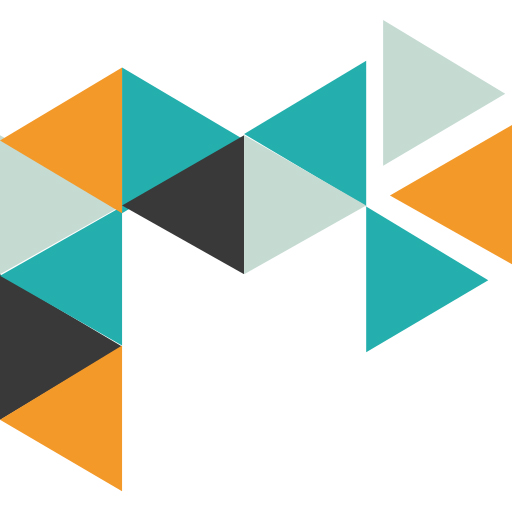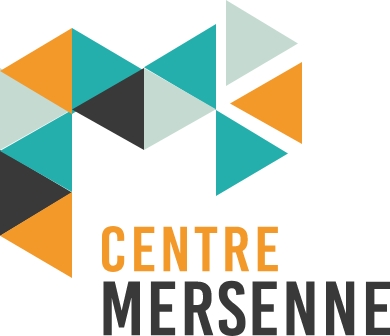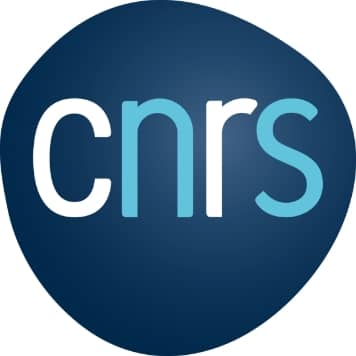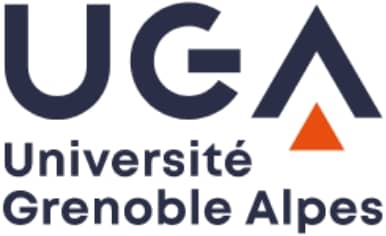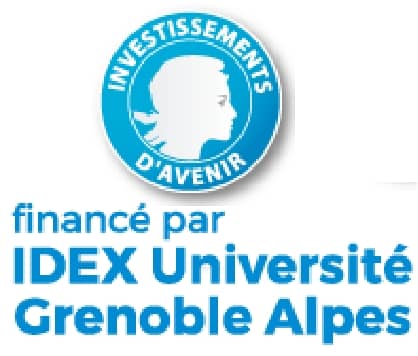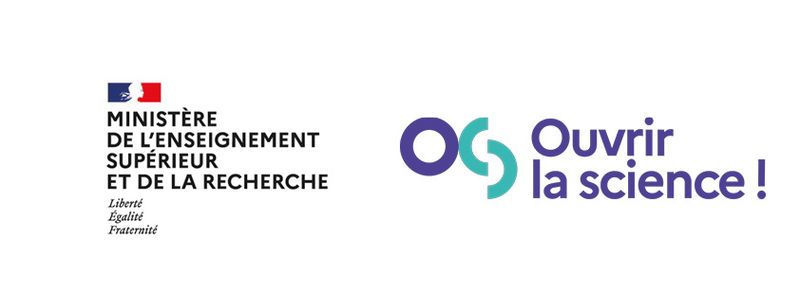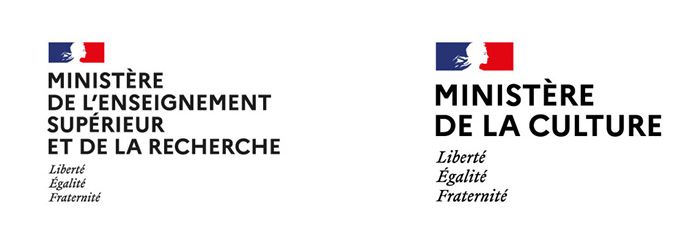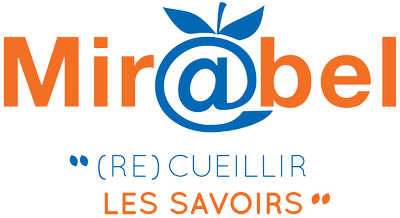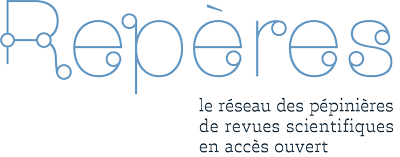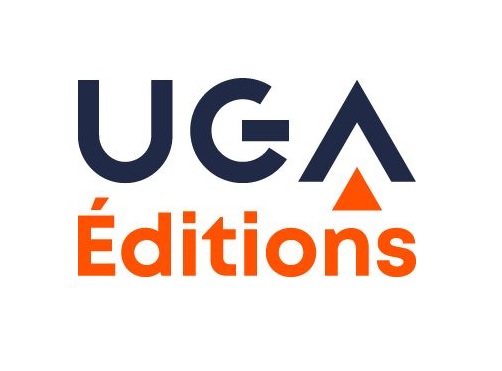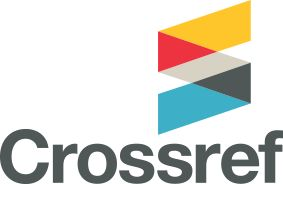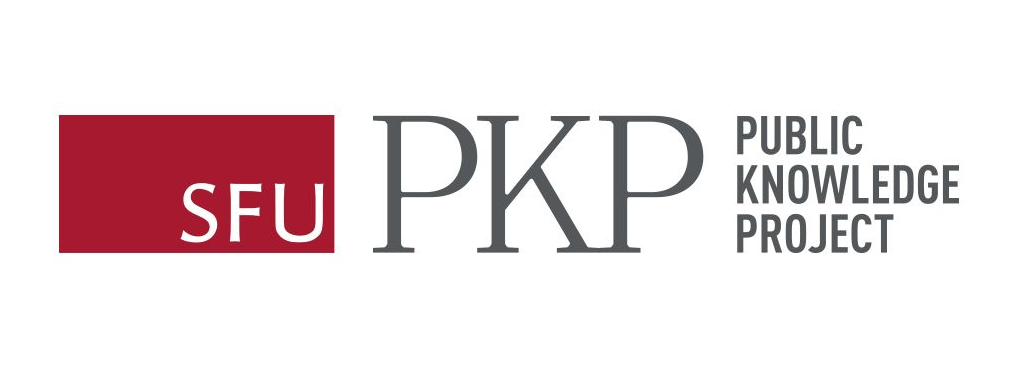The centre Mersenne is a public publishing infrastructure serving the scientific community.
It aims to promote scientific publishing and dissemination of publications (journals, books, seminars and conferences) from all scientific disciplines (mathematics, physics, statistics, computer science…), both national and international, committed to open access and publishing mainly in LaTeX.
The centre Mersenne offers:
- a digital platform for the dissemination of open access scientific publications, for the use of researchers;
- a modular range of services for editorial teams.
Editorial line
The centre Mersenne, created by Mathdoc, with the support of the CNRS and the Université Grenoble Alpes – UGA in response to demand from the scientific community, offers an alternative way of publishing :
The Centre Mersenne has a dual purpose:
to promote scientific publishing
- and foster dissemination of open access publications: existing journals as well as newly-created journals,
To support the editorial teams
- in the management of their publications by providing them with tools and professional services at affordable rates.
Who the Centre Mersenne is aimed at?
Researchers
- Researchers wishing to read and upload articles of those open access publications that are members of the Centre Mersenne,
Editorial teams
- Editorial teams of scientific publications looking for a technical, editorial and organisational support.
Commitments of the centre Mersenne:
Open Access / Diamond Open Access
- The Centre Mersenne promotes the view that open acess should be the normal way of disseminating research without any financial, legal or technical barrier.
- Research outputs should be freely, openly available to everyone over the long term. This involves the use of free licenses, such as Creative Commons CC-0, CC-BY, CC-BY-ND. See the summary table of the dissemination policies of the journals hosted on our platform.
- The Centre Mersenne’s agenda is to support Diamond Open Access or Gold OA without APC (no fees required to read nor to publish). This is why Open Access is one of the Centre Mersenne’s main selection criteria for publications willing to join.
- The Centre Mersenne adheres to the principles stated by the International Council for Science.
- Self-archiving: all centre Mersenne journals allow their authors to deposit all versions of their article (editor’s version, submitted version, accepted version), without embargo, as long as they indicate the url in open archives, under the licence indicated by the journal on its website .
Peer reviewing
- Peer-review process is one of the Centre Mersenne’s selection criteria. This ensures a state-of-the-art quality-control over the published papers. All the articles of the publications published by the Centre Mersenne are reviewed by peers.
- The centre Mersenne encourages journal editorial teams to adhere to the COPE guidelines on peer review.
- The Centre Mersenne supports the Peer Review process through its service ‘Support to editorial process’ with the OJS software.
Not-for-Profit
The Centre Mersenne is run by a public organization and its operation is not-for-profit, created by researchers, for researchers. It endeavours to fight research output’s privatisation and outrageous profit-making out of the scientific commons.
Long-term Preservation
- The Centre Mersenne takes care of long-term preservation of every document published. To do this, we used the CLOCKSS permanent archiving solution.
- All documents and data hosted at Centre Mersenne are archived and can be made available for free, in case the Centre Mersenne were to cease activities.
Transparency
The Centre Mersenne is committed to be transparent on its business model, pricing structure, and selection procedure.
Who we are
Mathdoc
The centre Mersenne was launched in January 2018 under the impetus of CNRS and UGA, with the support of the Grenoble IDEX.
The platform is developed by Mathdoc, a support and research unit of CNRS and Université Grenoble Alpes. Its mission is to develop documentary and publishing projects for the French mathematics community: Numdam, Portail Math or the centre Mersenne.
A team of designers, IT specialists, editors and managers, led by mathematicians :
Scientific Officer
Scientific Officer
Operational Officer
Technical Officer
Developer
Developer
Developer
Developer
Developer
Editorial Secretary
LaTeX Copy-editor
Developer
Developer
System Administrator
LaTeX Copy-editor
Documentation Officer
Administrative and Financial Administration
GOVERNANCE
Steering committee
The Steering Committee, composed of representatives of the supervisory bodies and the project, is kept informed of the activity, gives guidelines and decides on priorities when the workload exceeds the available resources.
- CNRS Mathématiques' Director (National Institute for Mathematical Sciences and their Interactions, a component of CNRS);
- UGA's Research Vice-President;
- UGA's IDEX Research and Valorization Executive Director;
- Mathdoc Director;
- Centre Mersenne's Operational Officer.
- Mathdoc Deputy Director;
Scientific council
It provides advice to the steering committee on journal acceptance, orientations and priorities. It is composed of:
- Djalil Chafaï (président) - Université Paris Dauphine-PSL
- Marie Farge - CNRS, École Normale Supérieure (ENS)
- Thomas Guillemaud - INRAE – Institut Sophia Agrobiotech (ISA), Sophia Antipolis
- Amaury Lambert - CNRS, École Normale Supérieure Paris (ENS)
- Karim Ramdani - Université de Lorraine - INRIA Nancy - Grand Est
- Claude Sabbah - CNRS, École polytechnique
- Laure Saint-Raymond - École Normale Supérieure (ENS), Lyon – Institut des Hautes Études Scientifiques (IHES), Paris
- Guilhem Semerjian - École Normale Supérieure
- Bart Van Tiggelen - CNRS, Laboratoire de Physique et Modélisation des Milieux Condensés, Grenoble
Anciens membres du conseil scientifique :
- Sylvie Benzoni - Université Claude Bernard, Lyon 1
- Jean-Pierre Demailly † - Université Grenoble Alpes
- Frédéric Hélein - Université Paris Diderot - Paris 7
- Emmanuel Royer - CNRS, Laboratoire de mathématiques Blaise Pascal (LMBP), Clermont-Ferrand
- Norbert Schappacher - Université de Strasbourg
- Laurette Tuckerman - CNRS, Sorbonne Université, Paris
Business model
The Centre Mersenne is committed to be transparent on its business model, pricing structure, and selection procedure. This logic requires stable and sustainable resources.
The economic model chosen by the centre Mersenne is a mixed one, since it involves a joint participation of the sponsoring institutions and the publications, depending on the services they request.
Structure of funding sources
The centre Mersenne has several sources of funding: its sponsors, journals, donations and project funding.
Thus, the CNRS (CNRS Mathématiques, DDOR) and the Université Grenoble Alpes, the two supervisors of the centre Mersenne, grant fixed and exceptional subsidies to our publishing platform.
Journals contribute to the cost of installation, maintenance and provision of certain optional services for their websites.
The centre Mersenne also receives donations from laboratories, universities and libraries. If you wish to make a donation, you can contact us at the contact address. Our main donors :
- Laboratoire Angevin de Recherche en Mathématiques (LAREMA)
- Université de Strasbourg
- Laboratoire MAP5
- Bibliothèque de mathématiques de Lyon 1 (SCD Lyon 1- Institut Camille Jordan)
- Société de Mathématiques Appliquées et Industrielles (SMAI)
- Peer Community In
Finally, the centre Mersenne also benefits from grants linked to the projects it works on:
- DEMOS project: financed with the support of the FNSO, National Fund for Open Science (1st call for projects - 2 years)
- MarginaliAS project: funded with the support of the FNSO, National Open Science Fund (2nd call for projects - 2 years)
- Translation project: funded by the Ministry of Culture and the Ministry of Higher Education and Research - 2022-2023.
- Initiative of Excellence (Idex) of the Université Grenoble Alpes (2017)
- GATES project "Attractivité et ExcellencES à l’Université Grenoble Alpes" (2022)
- NEXTGEN project : funded with support from the Fonds National pour la Science Ouverte (3rd call for projects - 3 years)
Cost structure
The cost structure and corresponding funding sources are as follows
- Infrastructure and maintenance
- Research and development
- Coordination and support for editorial teams
- One-time costs of setting up a publication
- Variable costs incurred by the flow of each review
Correlation between the cost structure and the sources of funding :
| Cost structure | Resource structure |
| Infrastructure and maintenance (fixed cost) | Academic supervisors: human resources, infrastructure and operating costs Journals: maintenance costs |
| Research and development | Supervision Project |
| Coordination and support for editorial teams | Administrative supervision |
| One-off costs for setting up a publication | Academic supervisors Journals |
| Variable costs incurred by the flow of each journal (depending on the services selected and the editorial organisation and publication volume) | Journal |
Support us
If you want to support us, make a donation!
Contact us at the following address: contact-mersenne(@)listes.mathdoc.fr
